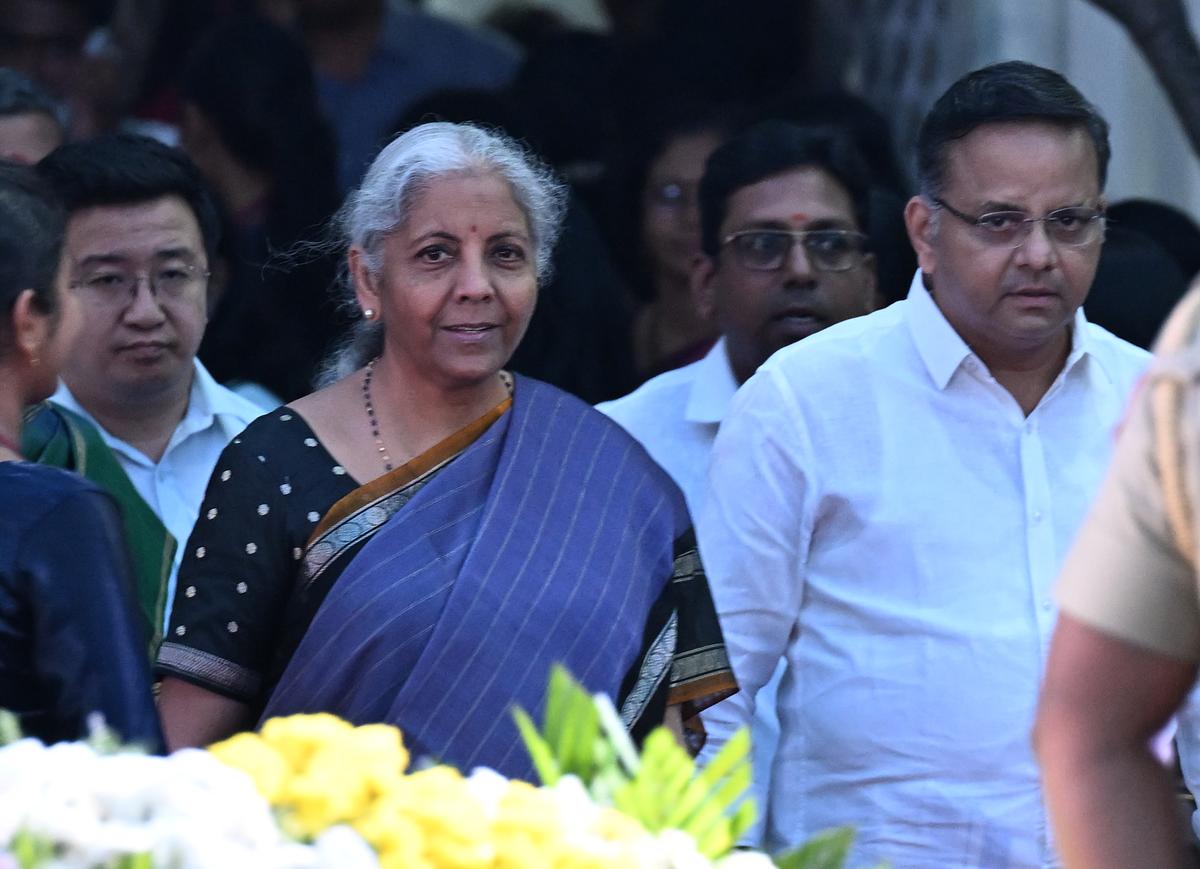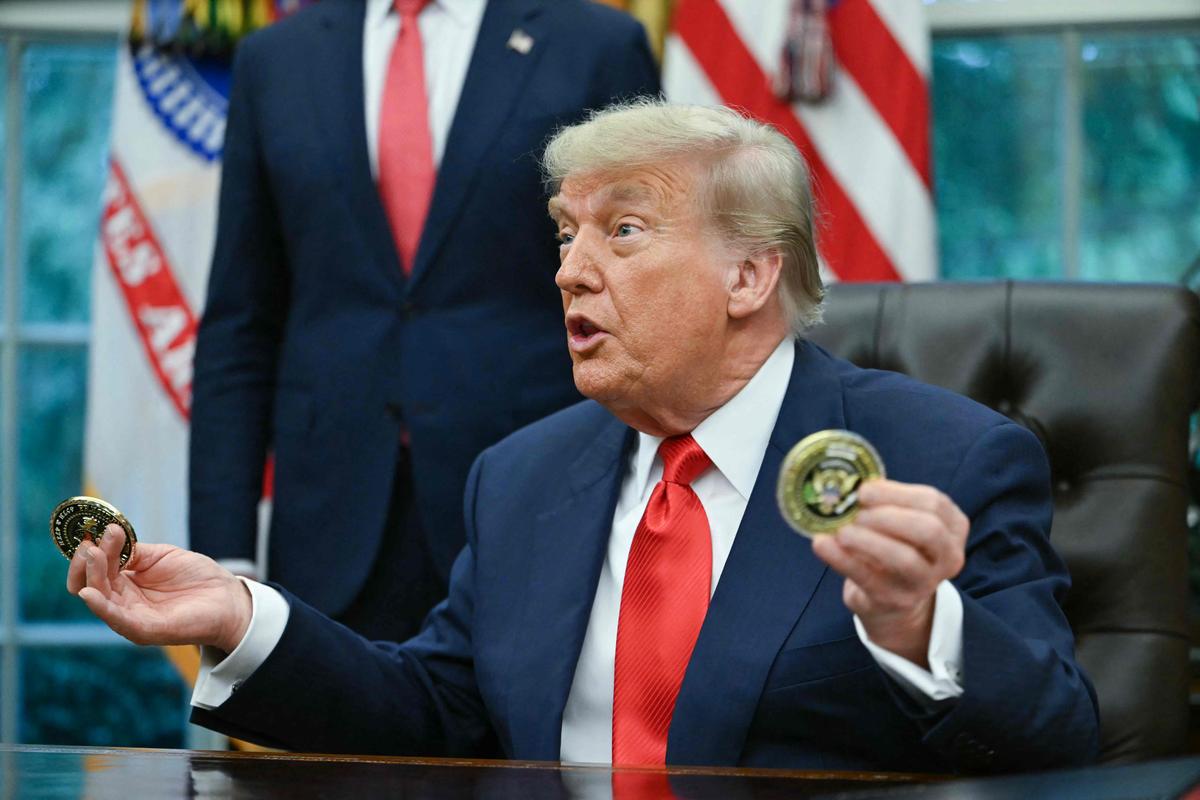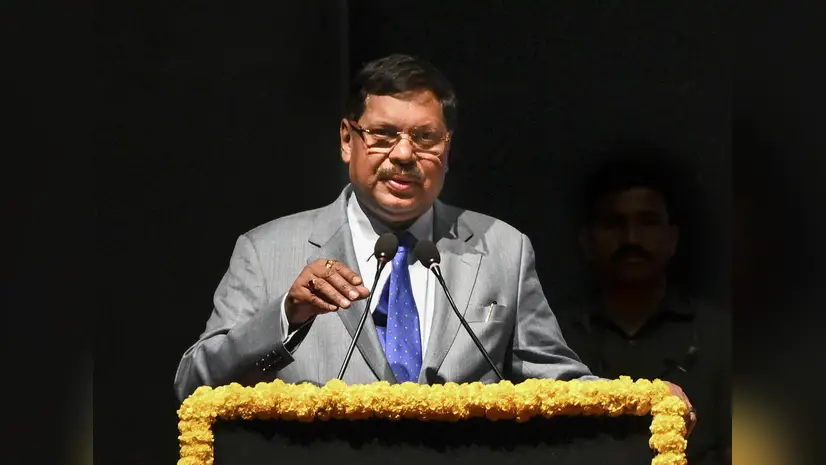- Courses
- GS Full Course 1 Year
- GS Full Course 2 Year
- GS Full Course 3 Year
- GS Full Course Till Selection
- Answer Alpha: Mains 2025 Mentorship
- MEP (Mains Enrichment Programme) Data, Facts
- Essay Target – 150+ Marks
- Online Program
- GS Recorded Course
- Polity
- Geography
- Economy
- Ancient, Medieval and Art & Culture AMAC
- Modern India, Post Independence & World History
- Environment
- Governance
- Science & Technology
- International Relations and Internal Security
- Disaster Management
- Ethics
- NCERT Current Affairs
- Indian Society and Social Issue
- NCERT- Science and Technology
- NCERT - Geography
- NCERT - Ancient History
- NCERT- World History
- NCERT Modern History
- CSAT
- 5 LAYERED ARJUNA Mentorship
- Public Administration Optional
- ABOUT US
- OUR TOPPERS
- TEST SERIES
- FREE STUDY MATERIAL
- VIDEOS
- CONTACT US
Revised MSME Classification Criteria Notified
Revised MSME Classification Criteria Notified
26-03-2025

- The Union Government has officially notified the revised investment and turnover criteria for classifying Micro, Small, and Medium Enterprises (MSMEs).
- Announced earlier in the Union Budget 2025-26, these new criteria will come into effect from April 1, 2025.
Updated MSME Classification Criteria
|
Category |
Investment Limit |
Annual Turnover Limit |
|
Micro Enterprises |
Up to ₹22.5 crore (Earlier ₹21 crore) |
Up to ₹210 crore (Earlier ₹25 crore) |
|
Small Enterprises |
Up to ₹25 crore (Earlier ₹10 crore) |
Up to ₹100 crore (Earlier ₹50 crore) |
|
Medium Enterprises |
Up to ₹125 crore (Earlier ₹50 crore) |
Up to ₹500 crore (Earlier ₹250 crore) |
Significance of MSMEs in India
- Employment Generation: The sector comprises 5.93 crore registered MSMEs, providing jobs to over 25 crore people.
- Economic Contribution: MSME-driven industries accounted for 45.73% of India’s total exports in 2023-24.
- GDP Share: The Gross Value Added (GVA) by MSMEs rose from 27.3% in 2020-21 to 30.1% in 2022-23.
- Rural Industrialization: MSMEs play a key role in developing rural and backward areas, reducing regional disparities and ensuring equitable wealth distribution.
Challenges Faced by MSMEs
Despite their significance, MSMEs encounter several hurdles, including:
- Infrastructure bottlenecks and lack of essential facilities.
- Slow formalization of businesses and regulatory challenges.
- Hesitation in adopting new technologies due to costs and training gaps.
- Weak supply chain integration affecting competitiveness.
- Limited access to credit and risk capital, hampering expansion.
- Delayed payments from buyers, affecting cash flow and operations.
Government Initiatives to Support MSMEs
To enhance the growth and sustainability of MSMEs, the government has launched several initiatives:
- Udyam Registration Portal – A digital platform simplifying MSME registration and access to benefits.
- PM Vishwakarma – A scheme providing financial and social support to artisans and craftspeople to improve their livelihood.
- Prime Minister’s Employment Generation Programme (PMEGP) – A credit-linked subsidy initiative for setting up micro-enterprises in the non-farm sector.
SFURTI (Scheme of Fund for Regeneration of Traditional Industries) –
Organizes traditional artisans into clusters to improve productivity and market access.
|
Also Read |
|
| NCERT Books For UPSC | |
| UPSC Monthly Magazine | Best IAS Coaching in Delhi |



